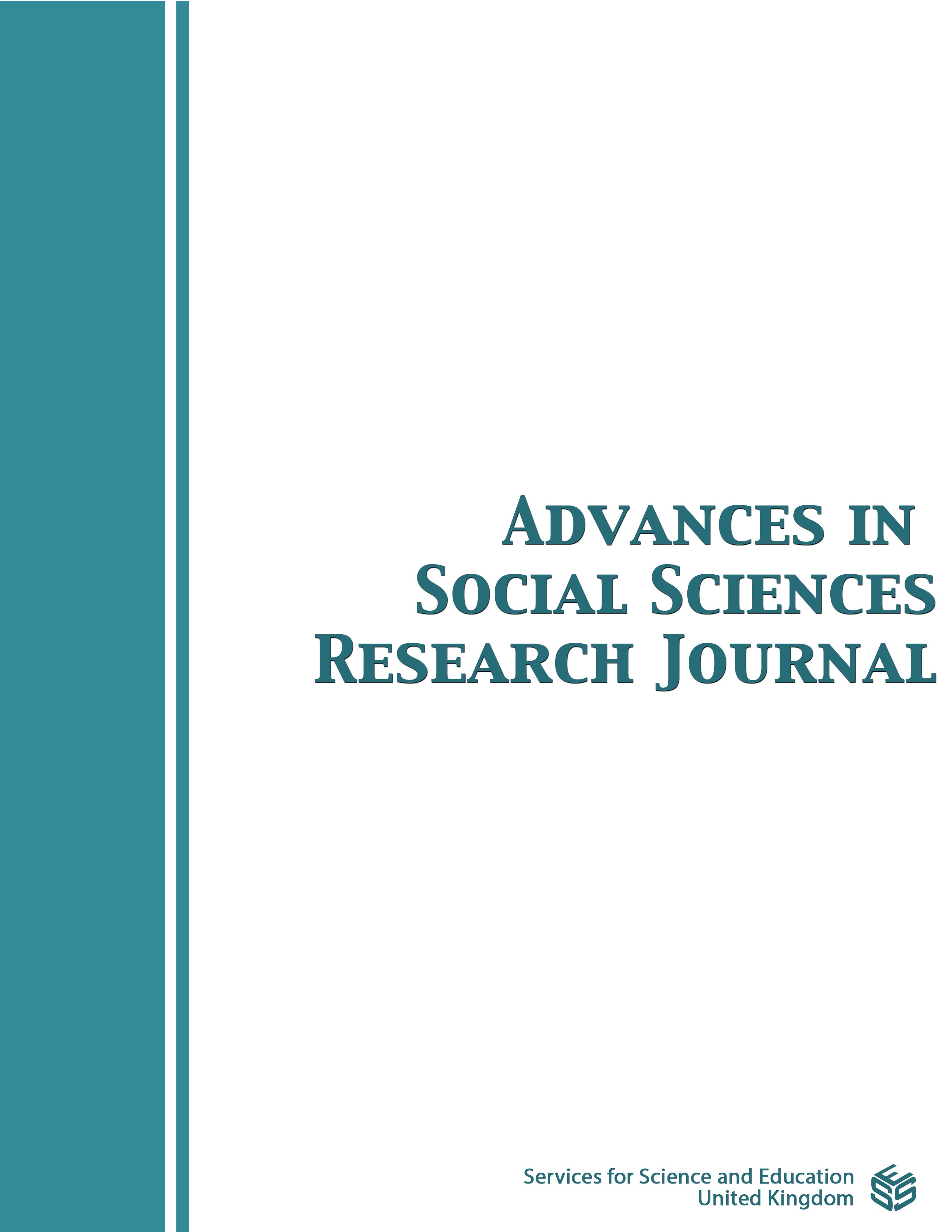A Multimodal Discourse Analysis of Some Newspapers Campaign Advertisements for Nigeria’s 2019 Elections and Their Appeal Strategies
DOI:
https://doi.org/10.14738/assrj.95.12354Keywords:
Multimodal discourse analysis, political campaigns, newspaper advertisements and appeal strategiesAbstract
This study investigated the multimodal resources of some political campaign ads for the 2019 general elections in Nigeria with the purpose of analyzing their appeal strategies. The objectives were to: examine the several communicative elements of the 2019 elections campaign advertisements as pieces of discourse as well as apply the analytical tool of Discourse Analysis to establish the appeal strategies adopted to achieve some political objectives. Data for this study were drawn from newspaper advertisements in three national dailies: the Punch, the DailySun and the Vanguard. The newspapers were published between December 2018 and February 2019. Six advertisements were purposively selected for this study owing to the several rhetorical appeals in them. The analysis of data was based on discourse multimodal analysis approach. The analysis showed that the multimodal resources of the ads, which were socio-culturally grounded, were analyzed under the broad themes of appeal to performance, appeal to endorsement and appeal to freedom which were the major tropes in the ads. In conclusion, it was implied in the study that the multimodality study is an important part of political expression generally and in Nigeria specifically, mere looking at the fact that the semiotic resources deployed in political campaign ads on newspapers convey uncommon yet compelling and significant political meanings and messages about politicians and so on.
Downloads
Published
How to Cite
Issue
Section
License
Copyright (c) 2022 Jones G. I. Ayuwo

This work is licensed under a Creative Commons Attribution 4.0 International License.
Authors wishing to include figures, tables, or text passages that have already been published elsewhere are required to obtain permission from the copyright owner(s) for both the print and online format and to include evidence that such permission has been granted when submitting their papers. Any material received without such evidence will be assumed to originate from the authors.






